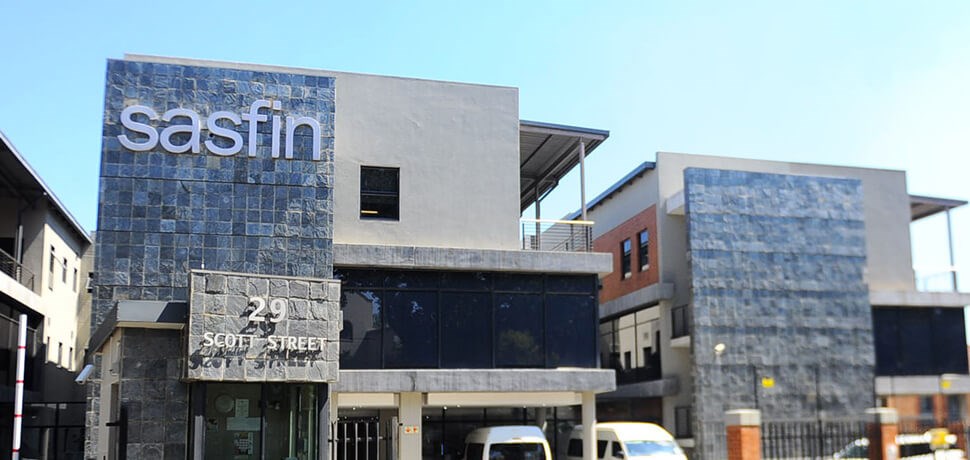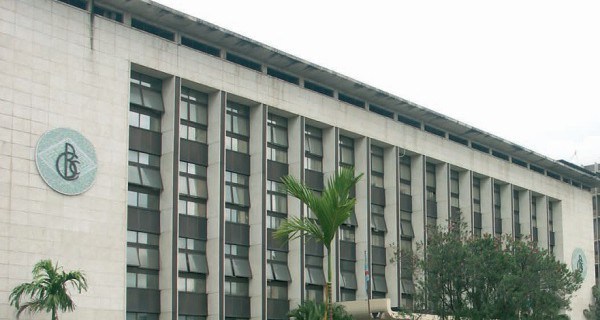South Africa’s Tax Case Redefines Compliance Risk
SARS’s R4.8 billion lawsuit against Sasfin Bank [JSE:SFS] tests South Africa’s fiscal limits. With debt near 75 % of GDP and yields around 10 %, the case turns compliance into capital risk and may redefine how investors price [USDZAR] stability.

The South African Revenue Service (SARS) has filed a R4.8 billion lawsuit against Sasfin Bank Ltd [JSE:SFS], alleging that the lender enabled the transfer of roughly R8 billion in undeclared offshore funds by 19 clients. The suit, grounded in Sections 180 and 183 of the Tax Administration Act (2011), seeks to hold the bank jointly liable for unpaid taxes on the basis that it “assisted in dissipating assets.” The amount claimed equals about 85 percent of Sasfin’s reported FY-2024 shareholders’ equity of R5.6 billion, according to its annual report. Sasfin has denied wrongdoing and says it will defend the action in court.
The case comes as South Africa faces tightening fiscal space. The National Treasury’s 2025 Budget Review places the consolidated deficit near 4½ percent of GDP, public debt around 75 percent, and interest costs at roughly one-fifth of revenue. SARS, under pressure to raise collection efficiency, reported a rise in enforcement recoveries during 2024. By pursuing a commercial bank rather than delinquent taxpayers, the agency is testing whether tax enforcement can legally extend into the architecture of financial intermediation itself.
Market reaction has been contained. Sasfin’s shares [JSE:SFS] have underperformed the FTSE/JSE Banks Index [J200] since early October 2025, while the rand [USDZAR] has drifted slightly weaker against the dollar. Government-bond yields remain near 10 percent, roughly where they were before the filing. Investors are not pricing systemic stress but are alert to precedent: if SARS prevails, compliance obligations could become de facto capital requirements for all banks.
The strategy mirrors a broader regulatory evolution in which intermediaries are drawn deeper into fiscal enforcement. The EU DAC6 directive, the OECD BEPS 2.0 framework, and the U.S. Corporate Transparency Act (2024) all broaden disclosure duties, though none imposes direct liability. SARS’s case goes further by seeking recovery from a balance sheet. If accepted by the court, it would shift legal risk from clients to custodians—a significant step for emerging-market banking, where compliance margins are thin and judicial outcomes uncertain.
Comparable tensions have surfaced elsewhere. In 2019 Nigeria’s Federal Inland Revenue Service settled a tax dispute with MTN Group [NGX:MTNN]; in 2023 Kenya’s Revenue Authority pursued Stanbic Bank [NRB:SBIC] over customs remittances; and in 2021 India repealed its retrospective tax laws after arbitration cases including one involving Vodafone [LSE:VOD]. Each episode reflects the same dynamic: governments under fiscal strain using legal enforcement as a revenue instrument rather than structural reform.
The South African Reserve Bank has not commented publicly on the case and has reported no liquidity stress. For policymakers, the balance is delicate: a courtroom victory might recover only a fraction of one percent of GDP but could unsettle confidence in a sector that anchors domestic funding.
For international investors, the lawsuit illustrates a broader shift in risk perception. Enforcement agencies now act as macro-agents whose decisions can influence funding costs and exchange-rate sentiment. Litigation has joined inflation, interest rates, and geopolitics as a variable in emerging-market pricing models. The implication is that compliance quality—not only credit strength—will increasingly define valuation.
Whatever the court decides, Commissioner for SARS v Sasfin Bank Ltd has already reframed the discussion on financial accountability. It shows how tax collection can become a test of financial stability and how, in an era of fiscal constraint, the boundaries between taxation, regulation, and systemic risk are beginning to converge.





